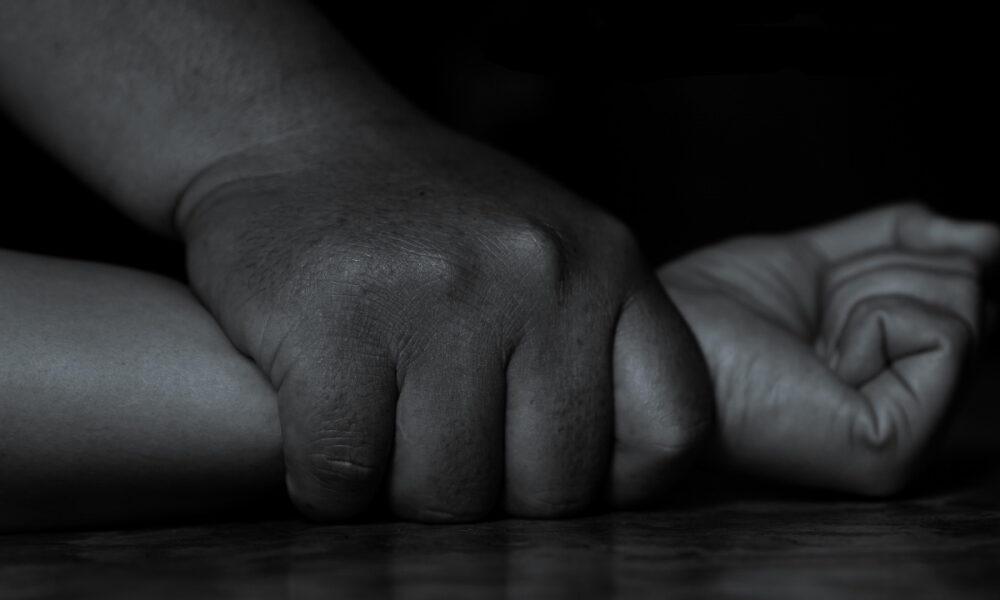In Botswana, the law criminalises rape without specifying gender but does not recognise spousal rape as a crime, writes DOUGLAS RASBASH
Botswana, often celebrated for its political stability and economic progress, bears the unfortunate distinction of having the highest reported rate of rape in the world, with 92.3 cases per 100,000 people as at June 2023.
While this statistic is deeply troubling in itself, what is even more concerning is the fact that Botswana does not consider marital rape a crime as it remains legal in the country.
Omission
This omission not only perpetuates the cycle of sexual violence but also reinforces gender inequality, violating the very principles of justice and human rights that Botswana aspires to uphold.
South Africa has taken legal measures to criminalise marital rape. The Criminal Law (Sexual Offences and Related Matters) Amendment Act of 2007 removed the exemption that previously existed for marital rape in that country, making it a crime. Marital rape is now treated in the same way as any other form of sexual assault.
Why?
In Botswana, the law criminalises rape without specifying gender but does not recognise spousal rape as a crime. This fact has been highlighted several times, including by the UN Human Rights Council in June 2022, but the government will not move on it.
This prompts the serious question of why? https://www.sundaystandard.info/the-injustice-of-marital-rape-exemption/
Marital rape is an insidious form of violence that occurs within the confines of a relationship that should be based on trust, love and respect. It is the violation of one’s bodily autonomy, security and dignity by a partner.
In Botswana, a country that has made significant progress in gender equality and women’s empowerment, the failure to criminalise marital rape is a glaring contradiction that demands immediate rectification.
The consequences of this legal gap are profound and far-reaching, and they have detrimental effects on society and its aspirations for gender equality and social justice. Here are some reasons why this situation is deeply detrimental for Botswana:
Perpetuating Gender Inequality: By not criminalising marital rape, Botswana sends a damaging message to its citizens – that women’s rights and autonomy can be sacrificed within the confines of marriage. This legal vacuum reinforces the notion that women are subservient to men, contributing to gender inequality and discrimination.
Fostering a Culture of Impunity: The absence of legal consequences for marital rape allows perpetrators to act with impunity. Victims often face insurmountable challenges in seeking justice while abusers are emboldened to continue their abusive behaviour without fear of prosecution.
Undermining the Dignity and Autonomy of Women: Every individual, regardless of their marital status, deserves to have control over their own bodies and the right to say no to sexual activity. Failing to criminalise marital rape perpetuates the violation of women’s fundamental rights and dignity.
Hindering Gender Equality Efforts: Botswana has made significant progress in promoting gender equality and women’s empowerment. However, as long as marital rape remains unaddressed, these efforts are incomplete and undermined. Gender equality cannot be achieved if women continue to face sexual violence and discrimination within marriage.
Diminishing Women’s Health and Well-Being: Marital rape can lead to severe physical and psychological trauma, including sexually transmitted infections, unwanted pregnancies, and lasting emotional scars. The failure to protect women in these situations poses serious health risks.
Violating International Human Rights Standards: Botswana is a signatory to international human rights agreements, including the Convention on the Elimination of All Forms of Discrimination Against Women (CEDAW). By not criminalising marital rape, the country is failing to fulfil its obligations under these conventions.
To address this pressing issue, Botswana must take immediate steps to criminalise marital rape and offer support to survivors. Legal reform is essential to send a clear message that violence within marriage is unacceptable and will not go unpunished.
Furthermore, public awareness campaigns, education, and training for law enforcement and judicial officials are necessary to ensure that survivors are met with empathy, assistance and justice.
While Botswana has made remarkable progress in various areas, the failure to address marital rape is a glaring and distressing oversight that undermines the country’s commitment to justice and gender equality.
It is high time that Botswana amended its laws, protected its citizens, and joined the global fight against gender-based violence. Recognizing marital rape as a criminal offense is not just a legal necessity but a moral imperative, one that Botswana must uphold to achieve its aspirations for a more just and equitable society.

